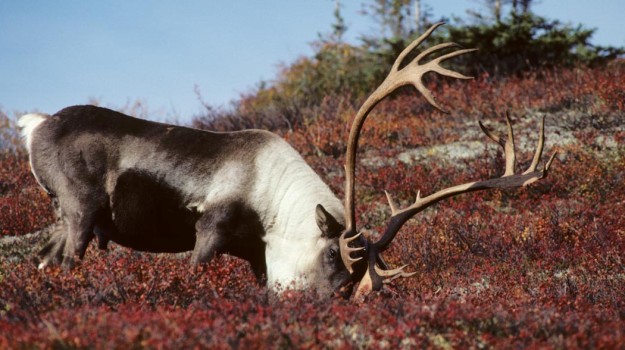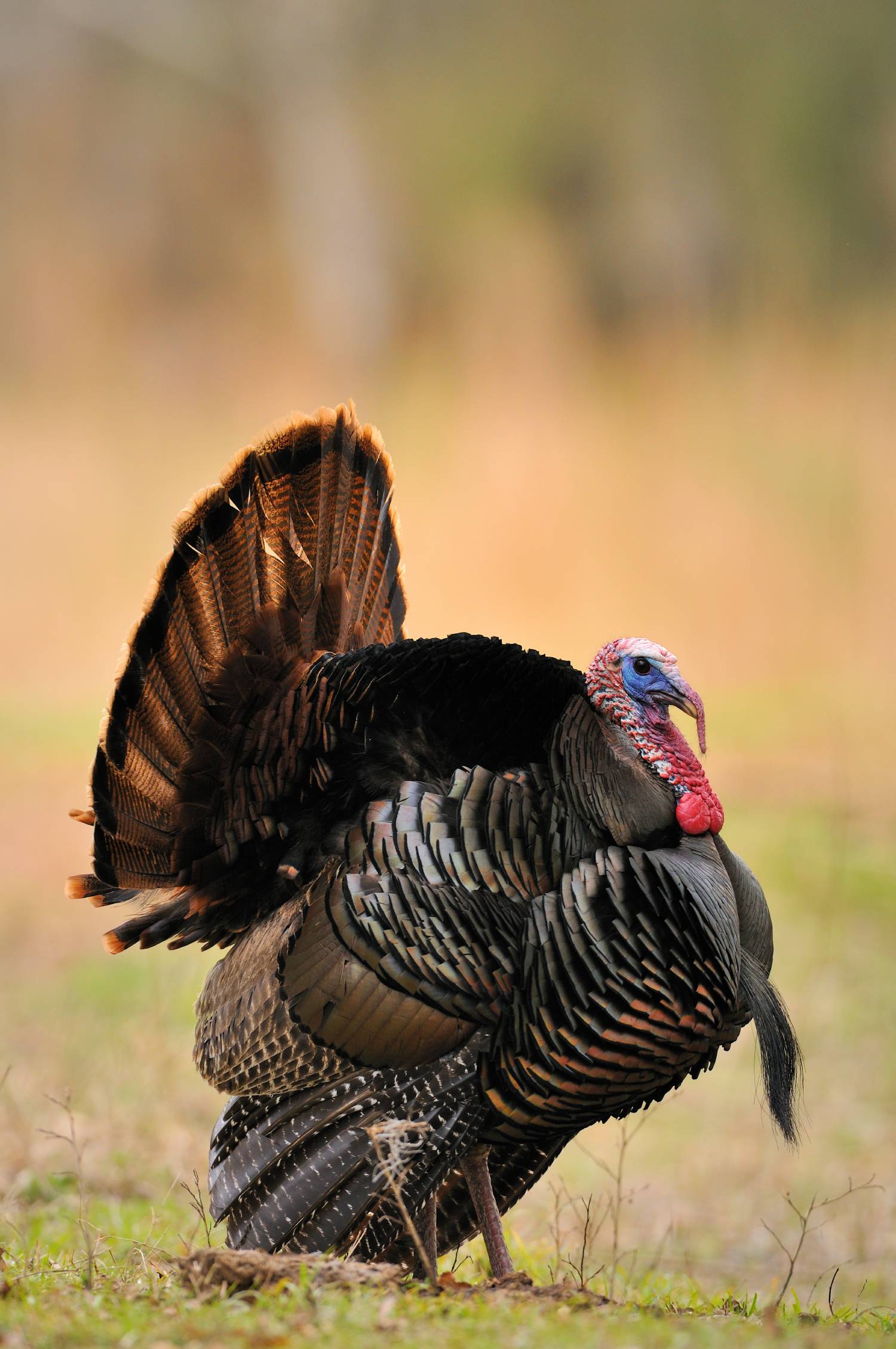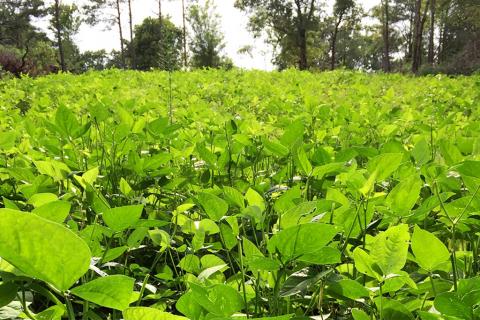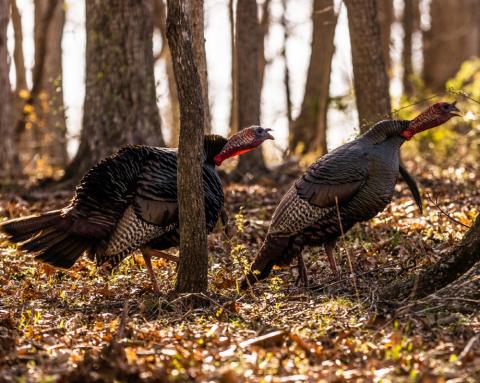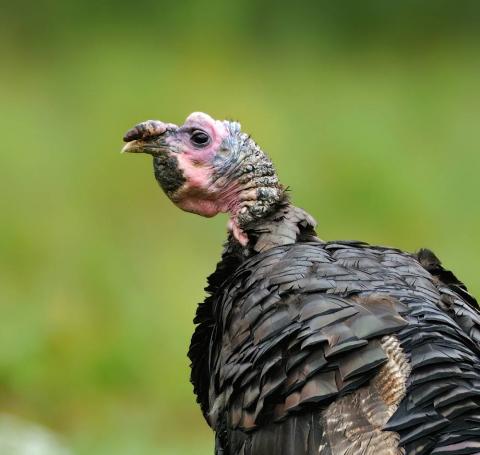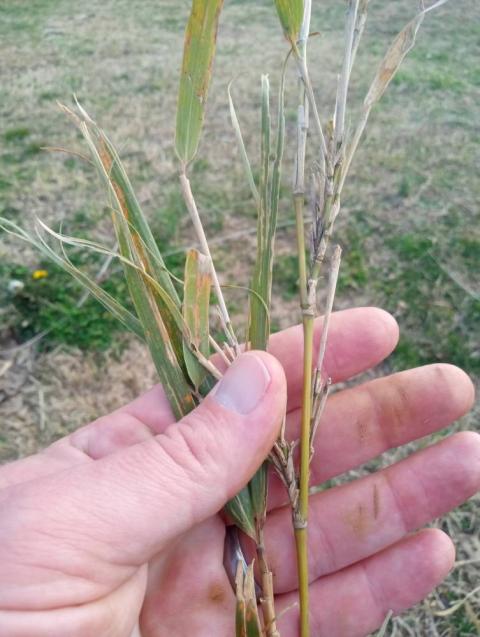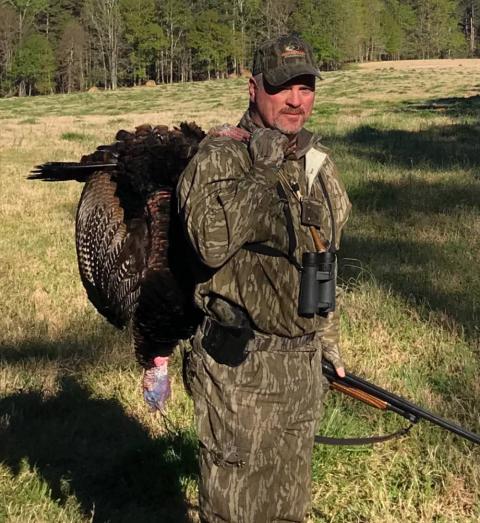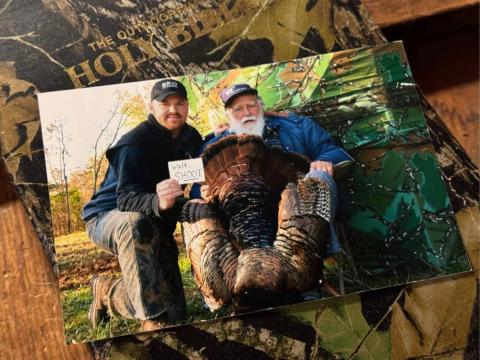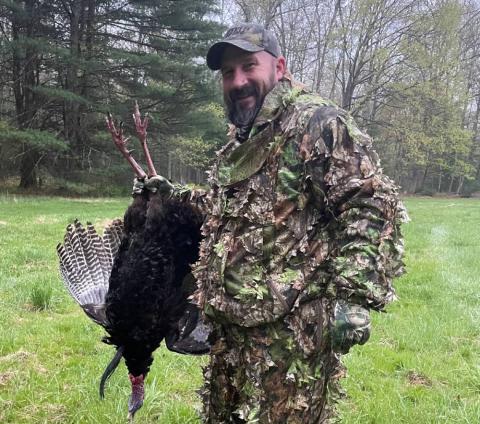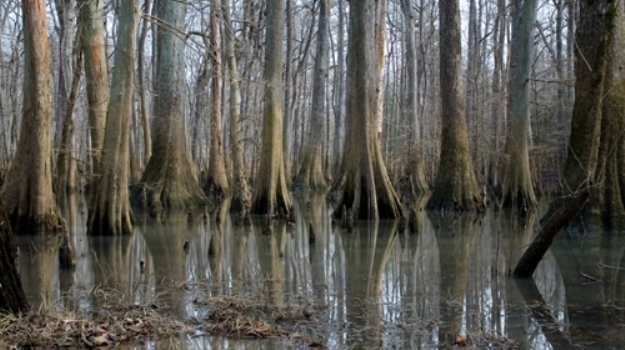
The "Great Recession" brought about many changes in the rural land market, and no sector was affected more than the buying and selling of "recreational" land tracts.
While the boom in commodity prices leading to historically high price-per-acre sales on tillable ground over the course of the Great Recession has been well documented, the impact the crash of 2008 had on the recreational land market is one many consumers do not consider. While all rural property can be viewed as an "investment," a recreational tract is one in which the buyers' primary motive is driven by their wants and passions versus needs and portfolios.
The recreational difference
"A buyer for recreational land is usually buying for hunting, weekend get aways, family retreats, etc.," said Beth McLellan, Broker at Mossy Oak Properties Recreational & Timber Land Sales in Kosciusko, Mississippi. "You see a lot more cash buyers with recreational land. Usually, with pasture land or farm land, they are buying to make money. Of course, many times a recreational buyer likes to have some timber value too, but that's not his main goal."
Brian D. Smith CEO of Mossy Oak Properties of the Heartland echoed the sentiment that recreational land is about more than just money.
"[Recreational] land is different from other rural land because it's one of the greatest forms of pride an owner can ever experience," he said. "It's land you will never drop an ounce of sweat on that you don't truly associate with pure joy at the same time growing your portfolio."
In short, recreational land gives you the chance to put your money in a safe and consistently valuable financial vehicle while also having the opportunity to enjoy Mother Nature.
"When was the last time you were able to enjoy your stocks? Buy recreational land as an investment," Smith said. "It's a cliche that has so much truth to it."
Was recreational land ever gone?
McLellan and Smith differ on the state of recreational land in the recent past. However, as with many other industries, this can be attributed to disparities in activity throughout different regions of the country.
"I don't really think the recreational market was ever gone, it just slowed down and changed somewhat," McLellan said. "Before 2008, everything was booming. We used to get the calls from guys looking for 500 to 1,000 acres, wanting to spend $500,000 to $750,000 and more for good quality hunting. Matter of fact, I don't think the land values have been down that much, we just weren't selling as much."
McLellan said these days she receives more calls for buyers seeking between 40 and 100 acres to "take the kids to ride four-wheelers and hunt or build a little cabin."
And while smaller land tracts now seem to be the norm in Massachusetts, sales are booming. McLellan said 2014 was the best year she's had in the last few years.
"Probably 80 percent of our sales are for recreational use and have been for years," McLellan continued. "We sold more timber tracts in the past but still recreational was No. 1."
Meanwhile, Smith, who currently oversees 10 Mossy Oak Properties offices in Kansas, Missouri, and Oklahoma, in addition to his role as a land specialist, had a different point of view.
"I remember how stark it was as I set out to attract folks to open a [Mossy Oak Properties] office, it was like pulling teeth," Smith said. "It was all because land sales went to hell in a hand basket. Funny how short our memories are because we have seen the land market grow once again. I will say it's a healthy growth that will sustain itself for a good six- to seven-year run. Whenever there is a strong housing market you have a strong land market. We simply have a very strong new housing market."
Regardless of activity in past years, both McLellan and Smith agree the market is back in a big way now. The question for buyers is: Is land investment right for me?
The benefits of recreational land investment
On the financial side, McLellan describes buying land as the safest place to invest money, as it contains little risk. However, that's only one small part of the appeal.
"The benefits of owning recreational land are good family enjoyment, teaching your kids good hunting ethics and sportsmanship along with a great place to put your money," she said. "Most of all, it allows the outdoor sportsman the opportunity to do what he loves."
Smith agrees.
"It's such a unique investment because you can actually enjoy it, improve it, make memories on it, and so many more tangible things that you simply cannot do with other investments," he said.
However, not all land is created equal, making it important for potential buyers to know what to look for when making a purchase.
Characteristics of worthwhile recreational land
"Some of the things people should look for are a good location with access to utilities, if they know they want to build or have a camp," McLellan said. "The price should be such that one can get their money back if they have to sell. These two things are most important."
Other important attributes highlighted by McLellan include good habitat for wildlife, surrounding landowners, access to the property and a clean title.
However, Smith maintains it's vital to keep personal considerations in mind as well.
"People should look for what they look for," he said. "Meaning, find the attributes that will make you smile and if you find what you are looking for, buy it. Give a fair market value for it because trying to 'buy right' instead of 'buying what's right' will in the long run cause you to regret it in spite of the price you pay."
Of course, buyers don't have to go it alone when buying land. Experienced Mossy Oak Properties land specialists like McLellan and Smith can walk you through the purchasing process step by step, ensuring you choose the land that's right for you and obtain it at a fair price.














